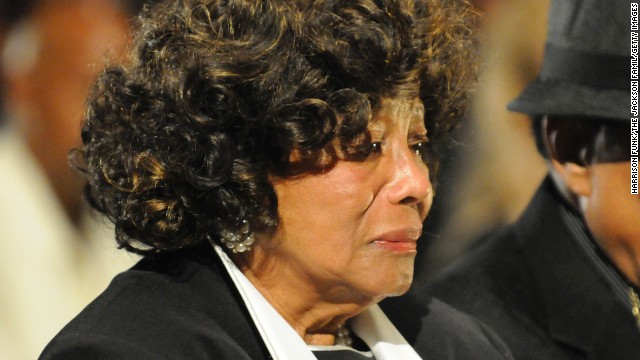Jackson's unclothed corpse lying on a coroner's table looked nothing like the world's most famous entertainer.
The doctor who conducted
Jackson's autopsy will return to the witness stand Wednesday. On
Tuesday, jurors are hearing from another doctor in the trial to decide
whether concert promoter AEG Live shares blame in Jackson's death with Dr. Conrad Murray.
The witness on the stand
Tuesday is cardiologist Dr. Daniel Wohlgelernter, who is offering expert
analysis of Murray's skills and decisions. Continue reading after the cut...
"Michael Jackson had a
history of substance abuse, addiction to medications and sleep
disturbance," he said, not heart or cardiovascular problems.
Murray's agreement to
close down his Las Vegas clinic to work full time for Jackson created a
conflict, he said. The agreement said Murray could lose his job if the
tour was delayed or canceled.
"It meant that Dr. Murray was entirely dependent on the continuation of the tour for his income," he said.
Much of what jurors heard
for the first time from Dr. Christopher Rogers Monday is a repeat of
the scientific evidence presented in the trial of Murray, who is now
serving a prison sentence for involuntary manslaughter. But some of what
is in the coroner's report seems to give more insight into Michael
Jackson's life rather than how he died.
Rogers noted in his
autopsy report that Jackson's lips were tattooed pink, while his
eyebrows were a dark tattoo. The front of his scalp was also tattooed
black, apparently to blend his hairline in with the wigs he wore.

The autopsy confirmed
what Jackson told people who questioned why his skin tone became lighter
in the 1980s. Jackson had "vitiligo, a skin pigmentation disease,"
Rogers said. "So, some areas of the skin appear light and others appear
dark."
AEG Live argues that
Jackson chose Murray as his tour doctor and that the company had no way
of knowing he was using the surgical anesthetic propofol to put the
singer to sleep each night.
Rogers concluded that a
propofol overdose killed Jackson, although several sedatives Murray gave
him that morning contributed to his death.
Los Angeles coroner's
toxicologist Dan Anderson, who studied the drugs in Jackson's body,
testified Monday that the level of propofol found in Jackson's body was
"consistent with major surgery anesthesia."
Propofol is a dangerous drug when not used properly, he said.

No comments:
Post a Comment